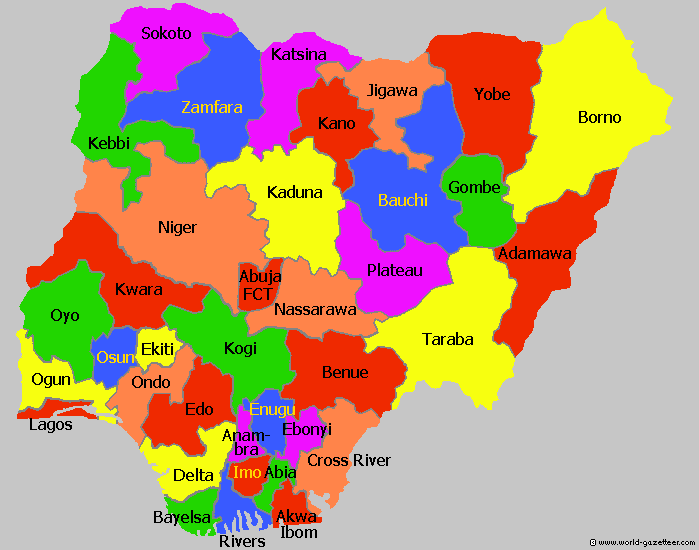The USA’s National Intelligence Council has listed Nigeria as one of the top ten countries at risk of State failure.
The National intelligence Council (NIC) is the center for midterm and long-term strategic thinking within the United States Intelligence Community (IC). The assertion was made in the Council’s Global Trends 2030: Alternative Worlds report — a document that comes out once per presidential administration.
Page 18 of the report says Nigeria has the 9th highest risk in the world of failing as a country by 2030.
Nigeria is one of eight African countries that feature in the top ten of the list. Others are Kenya, Somalia, Malawi, Niger, Congo, Uganda, and Burundi.
Yemen and Afghanistan, two middle-eastern countries that are split along ethnic and religious lines also feature on the top ten.
The findings were made using a Human Resilience Index (HRI), developed by Sandia Laboratories. Seven indicators are used to calculate the HRI: population growth rate, population density, caloric intake per capita, renewable fresh water per capita, arable land per capita, median age, and population health (including infant and child mortality and life expectancy).
Countries on the list are projected to have a high risk of instability, conflict, or some other type of state failure in 2030 because of their poor human ecology and resilience.
The report also mentions some positive things Nigeria can do to avoid failure.
“Nigeria is a good example of potential upside and downside risks from migration for many aspiring states. Nigeria’s increasingly favorable demographic conditions offer it the opportunity to escape from the economic stagnation it has seen in the post-Independence period.
“If it collects its demographic dividend in full, it could see per capita incomes treble by 2030, lifting 80 million people out of poverty. Part of that economic success would involve experiencing continued high levels of migration as young Nigerians immigrate to acquire or hone their skills abroad before returning to join the growing middle class and contribute to the economic miracle at home.
“Policy failure, in contrast, could lead to a demographic disaster, with economic underperformance and enhanced risks of strife and conflict, creating substantially increased incentives to migrate.”

